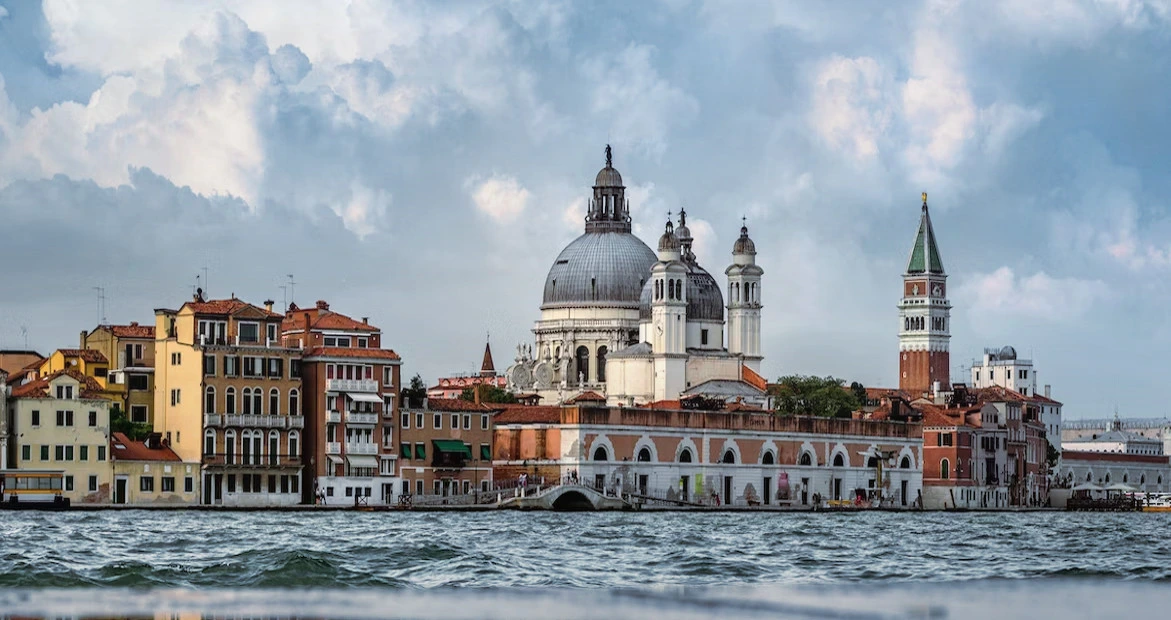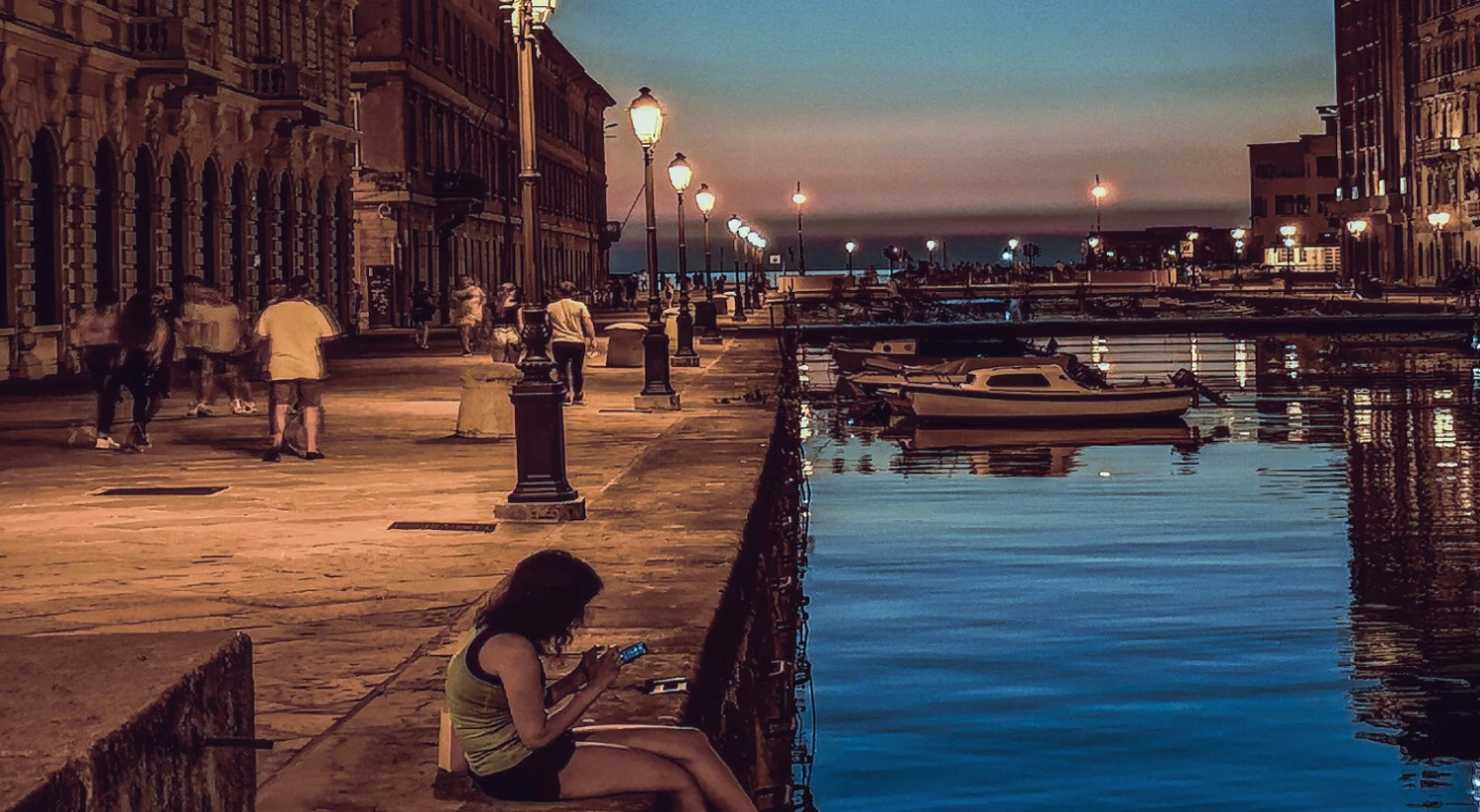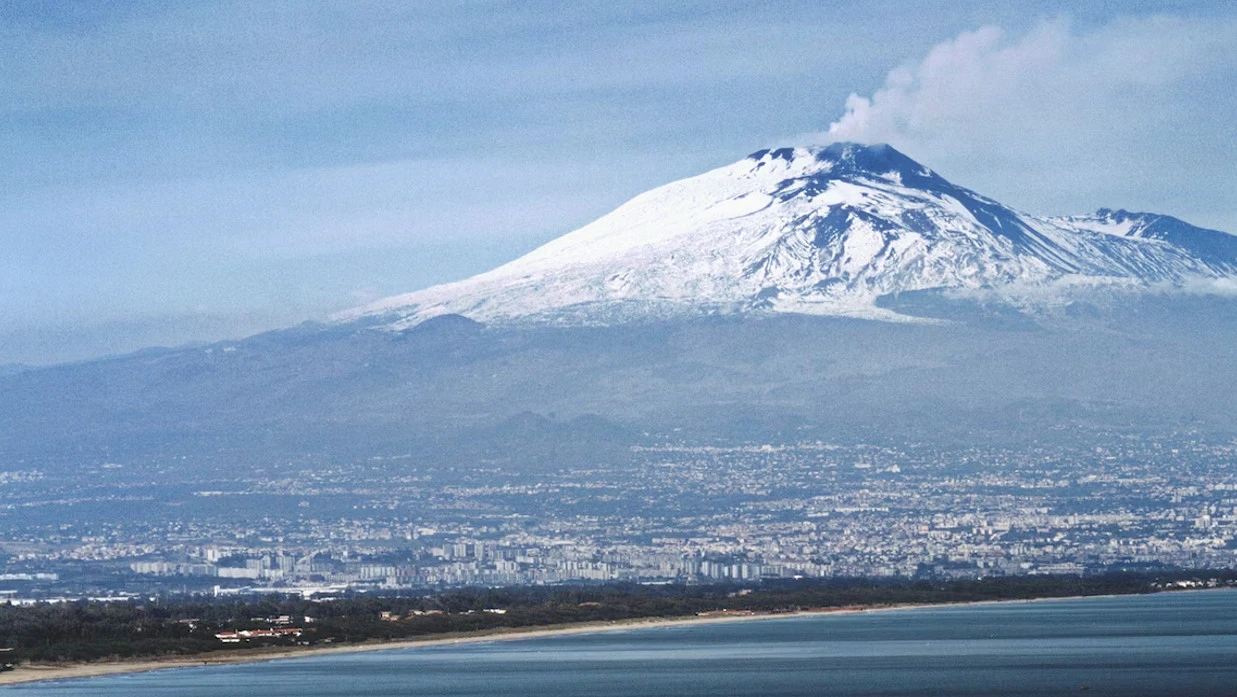Living in Naples
Naples is one of the most ancient and fascinating cities in Italy, with a history that spans more than 2,800 years.It is the cultural, artistic and culinary capital of the south, famous for its pizza, coffee, music and art.
Living in Naples as an expat can be both rewarding and challenging.
You can enjoy the beauty and diversity of the city, its rich heritage and lively atmosphere, but you also have to deal with its problems, such as traffic, pollution, crime and bureaucracy.
Naples is the third most populous city in Italy, after Rome and Milan, with about 909,000 inhabitants.
It is also the core of the wider Naples metropolitan area, which is estimated to have between 3.1 million and 12.5 million people.
Naples is the regional capital of Campania and a major port city.
It is known for its historic and cultural attractions, especially in the fields of archaeology, architecture, music and literature.
It has a GDP of about €80 billion ($99 billion), making it the fourth richest city in Italy and one of the most important in the Mediterranean.
Search for:
What is Naples like?
Naples is a vibrant and diverse city, with a strong and distinctive identity.It is home to people from different origins, religions and backgrounds, who coexist and enrich the city’s social and cultural life.
Naples is also a UNESCO World Heritage Site, with a wealth of monuments, churches, palaces, museums, and archaeological sites.
It is the birthplace of many famous artists, writers, musicians and actors, such as Caravaggio, Giambattista Vico, Eduardo De Filippo, Sophia Loren and Enrico Caruso.
Some of the most famous cultural attractions in Naples are the National Archaeological Museum, the Royal Palace, the Castel dell’Ovo, the San Carlo Theatre, the Capodimonte Museum and the Catacombs of San Gennaro.
Climate
Living in Naples means enjoying a Mediterranean climate, with mild winters and hot summers.In the winter, it’s cool and rainy, and you can see the snow-capped Mount Vesuvius.
In the summer, it’s warm and sunny, and you can swim in the sea and visit the nearby islands.
The spring and the autumn are temperate and pleasant, with some showers and some breeze.
You can admire the flowers and the fruits, and explore the culture and the history.
Naples is quite sunny and rainy by Italian standards, but it also has some cloudy and windy days.
The weather can be variable and unpredictable, so you need to be ready for anything.
Economy
Naples is the largest city in southern Italy, and one of the oldest and most historic cities in Europe.It has a mixed and complex economy, based on sectors such as tourism, commerce, industry, agriculture, fishing and services.
It is also a cultural and artistic hub, hosting many museums, monuments, churches, theaters, and festivals, such as the famous San Gennaro feast.
Naples offers a vibrant and lively atmosphere, with a rich and diverse cuisine, music, and traditions.
However, it is also a city of contrasts and challenges, where poverty, unemployment, corruption, crime and pollution are widespread.
According to the latest data, about 25% of the population in Naples lives below the poverty line, and about 20% is unemployed.
The city also suffers from a lack of infrastructure, public services, and urban planning, which affect its quality of life and development.
The city authorities have launched several projects and initiatives to improve the situation, such as urban regeneration, social inclusion, environmental protection and economic growth.
Education
Naples is an academic city, with a long and prestigious tradition of learning and research.It has several public and private universities and colleges, offering a variety of courses and degrees, from law and economics to engineering and medicine.
Some of the most famous and respected academic institutions in Naples are the University of Naples Federico II, the oldest public university in the world, the University of Naples Parthenope, the University of Naples L’Orientale, and the University of Naples Suor Orsola Benincasa.
The city also has some international schools, serving the needs of foreign families and children.
Some of the most well-known and reputable international schools in Naples are the International School of Naples, the American International School of Naples, and the British School of Naples.
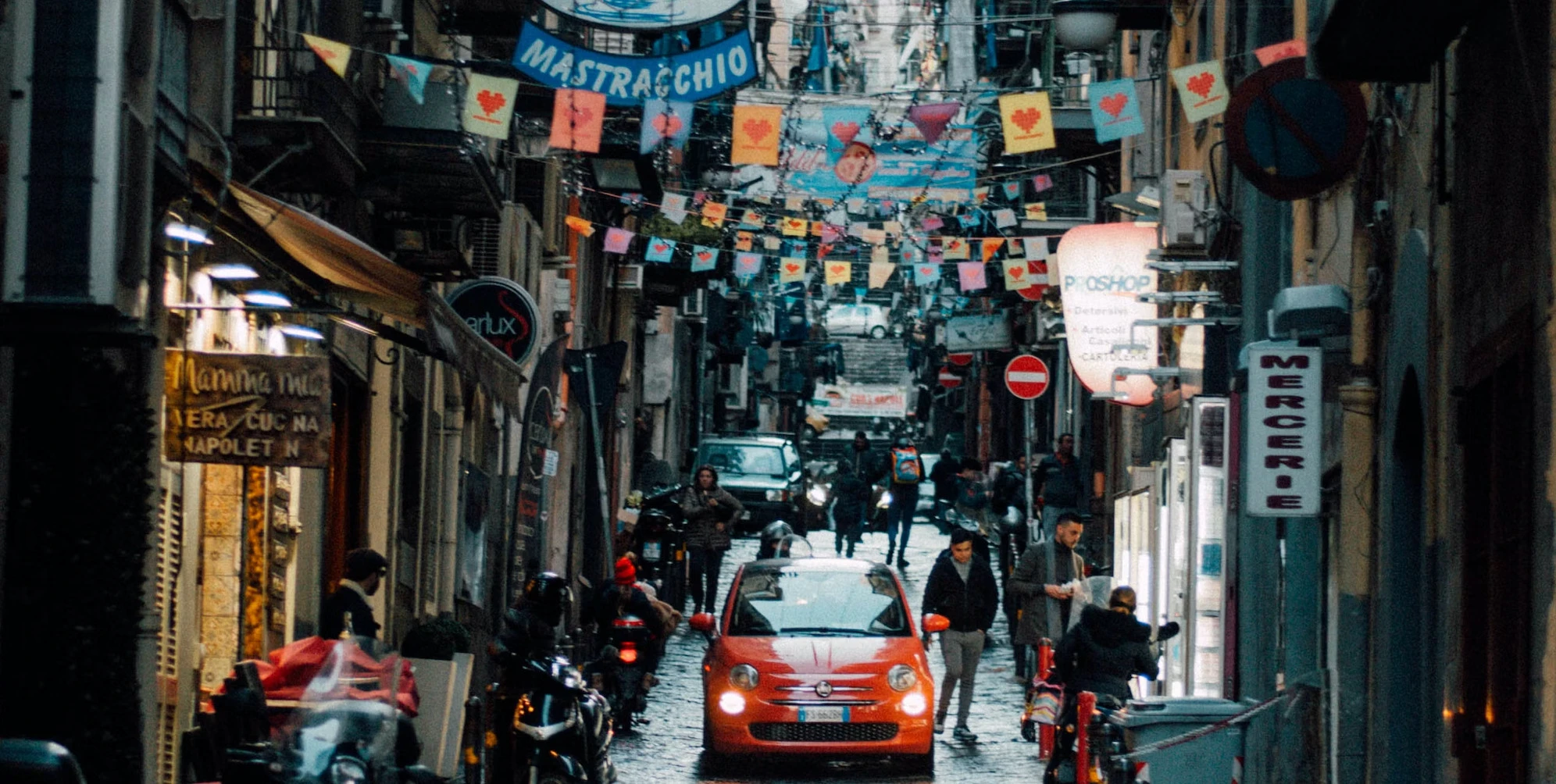
Cost of living in Naples
The cost of living in Naples is lower than in other Italian cities, especially in the north.It is one of the cheapest cities in Italy and in Europe.
A family of four estimated monthly costs are €2,500 without rent, and a single person estimated monthly costs are €1,400 without rent.
Rent in Naples is also low, especially outside the city centre.
For example, a one-bedroom apartment in the city centre costs about €500 per month, while a three-bedroom apartment costs about €900 per month.
The prices of food, transportation, utilities, and entertainment are also lower than the national average.
Is Naples safe?
Naples is a relatively safe city for tourists and expats, with a lower crime rate than other large cities in Italy and Europe.However, some caution is advised, especially in some areas and situations.
The most common crimes in Naples are petty theft, fraud, and extortion, which usually target busy and touristy places, such as the historic center, the port, the airport, and the train station.
To avoid these risks, it is recommended to be alert and careful, to keep your valuables hidden and secure, to avoid shady or aggressive people, and to report any incident to the police.
Naples is also generally safe at night, but it is better to avoid wandering alone in dark and deserted streets, and to stick to the main and crowded areas.
Pros and cons of life in Naples
| Pros | Cons |
|---|---|
| Charming and historic city | Chaotic city |
| Rich culture and heritage | Difficult to find decent housing |
| Culinary paradise | Problems with sanitation, waste management, and public services |
| Lively and friendly atmosphere | Dangerous and violent |
| Strategic location near popular tourist destinations | Noisy and stressful |
| Diverse and multicultural | Not very welcoming to foreigners |
| Some people speak English, French, or Spanish | Hard to find work and opportunities |
| Low cost of living | Low quality of life |
| Warm and sunny climate | Polluted and smoggy environment |
Advantages of Living in Naples
Naples is a charming and historic city, with a rich culture and heritage.You can discover its many attractions, such as castles, churches, museums, and monuments, and learn about its ancient and modern history.
It is also a culinary paradise, with some of the best pizza, pasta, seafood, and desserts in the world, and a lot of local specialties.
The city has a lively and friendly atmosphere, with a lot of music, art, and festivals, and a strong sense of community.
Moreover, Naples has a strategic location near some of the most popular tourist destinations in Italy, such as Pompeii, the Amalfi Coast, Capri, and Mount Vesuvius.
Naples is a diverse and multicultural city, where you can encounter people from different backgrounds and origins, such as African, Asian, and Middle Eastern.
Italian is the main language spoken here, but you can also find some people who speak English, French, or Spanish, especially in the tourist areas.
The city has a low cost of living, which makes it affordable and accessible for many people, especially compared to other Italian cities.
Naples has a warm and sunny climate, with mild winters and hot summers, which can make you feel happy and energetic.
Disadvantages of Living in Naples
Naples can be chaotic and challenging to live in.You can face difficulties in finding decent housing, especially in the city centre, where the conditions are often poor and unsafe.
You can also encounter problems with sanitation, waste management, and public services, which are often inefficient and unreliable.
The city can be dangerous and violent, especially in some areas, where crime, corruption, and mafia are prevalent.
It can also be noisy and stressful, especially during peak traffic hours, when the streets are full of cars, scooters, and buses.
Naples is not very welcoming to foreigners, and the cultural differences can be a barrier, especially if you don’t speak Italian.
You can also struggle to find work and opportunities, as the city has a high unemployment rate and a stagnant economy.
Naples has a low quality of life, with poor education, healthcare, and social services, which can affect your well-being and satisfaction.
In addition to that, compared to other parts of Italy, Naples can have a polluted and smoggy environment, which can harm your health and mood.
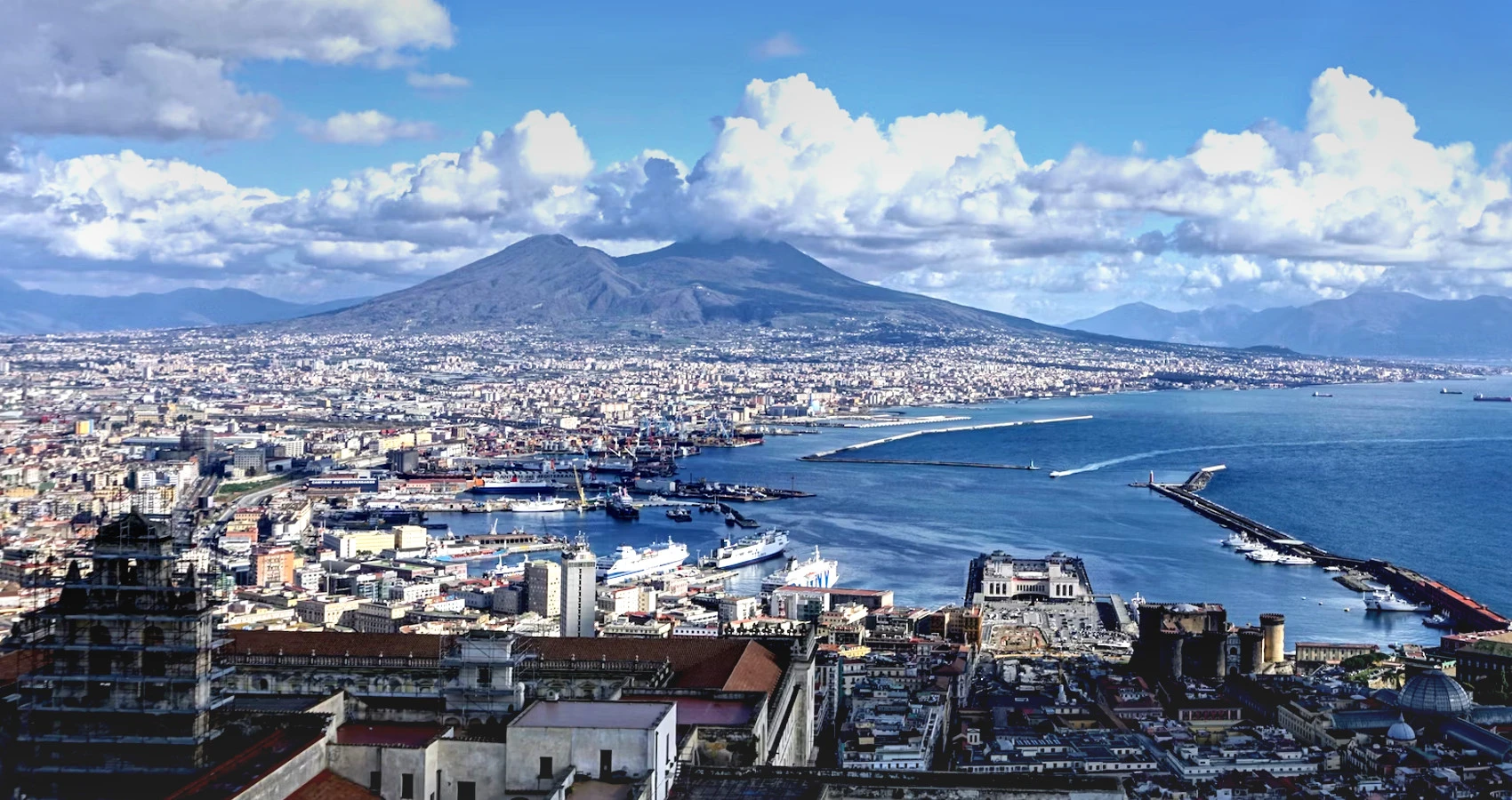
FAQs
What is Naples like for foreigners?
Naples is a historic and lively city that attracts many expats who are looking for a different and authentic experience of Italy.It is the cultural, artistic and culinary capital of southern Italy, offering a variety of attractions and activities for those who live there.
Living in Naples as an expat can be both rewarding and challenging.
You can enjoy the benefits of living in a warm and friendly city that offers a lot of history, beauty, music and pizza, but you also have to deal with the low quality of services, the pollution, the crime and the chaos.
Some of the best areas for expats to live in Naples are Chiaia, Vomero, Posillipo and the historic center.
What is Naples like for students?
Naples is an attractive destination for students who want to study in Italy or abroad.It is a city that offers a wide range of academic programs, from humanities and social sciences to natural and applied sciences, from public and private universities to ancient and prestigious institutions.
Students in Naples can benefit from a rich and stimulating learning environment, a dynamic and diverse student community, a splendid and varied cultural offer, and a lot of opportunities for volunteering and networking.
However, students in Naples also have to cope with the low quality of infrastructure, the overcrowded and underfunded facilities, the limited availability of scholarships, and the bureaucratic and corrupt system.
What is Naples like for women?
Naples is a fascinating city for women who want to explore their personal and professional potential.It is a city that inspires women and offers them a lot of opportunities in various fields, especially in education, health, tourism and social work.
Women in Naples can enjoy a high quality of life, a vibrant cultural scene, a supportive and diverse society, and a relaxed and fun environment.
However, women in Naples also face some challenges, such as the patriarchal culture, the domestic violence, the lack of childcare facilities, and the stereotypes and prejudices.
What is Naples like for LGBTQ people?
Naples is one of the most LGBTQ-friendly cities in southern Italy and the Mediterranean.It is a city that embraces diversity and inclusion, and that respects and promotes the rights and freedoms of LGBTQ people.
LGBTQ people in Naples can enjoy a lively and colorful social scene, a large and active LGBTQ community, a lot of events and festivals, and a lot of resources and services.
However, LGBTQ people in Naples also have to face some challenges, such as the social stigma, the legal discrimination, the hate crimes, and the religious intolerance, especially in some rural and traditional areas of the region.
Is Naples a poor city?
Naples is a relatively poor city in Italy, with a GDP per capita of €18,000 ($21,000), which is lower than the national average of €30,000 ($35,000).Naples has a weak and stagnant economy, based on sectors such as tourism, commerce, and public administration.
It suffers from high unemployment, low productivity, and widespread corruption.
It is also a center for organized crime, such as the Camorra mafia.
However, Naples also has some potential for economic development, such as its strategic location, its cultural and artistic heritage, and its innovative and creative sectors.
Naples is also home to several universities and research centers.
Is Naples dirty?
Naples is a dirty city in Italy, with a poor level of air quality, waste management, and water sanitation.Naples ranked 101st out of 104 Italian cities in the latest environmental survey by Legambiente and Ambiente Italia, which measures the quality of urban ecosystems.
Naples has faced several crises with cleanliness and sustainability, such as the garbage emergency, the toxic waste scandal, and the water contamination problem.
These issues have caused serious health and environmental risks for the population and the territory.
However, Naples has also taken some initiatives to improve its cleanliness and sustainability, such as promoting public transportation, cycling, and renewable energy, reducing greenhouse gas emissions, increasing recycling and composting, and protecting green areas and monuments.
Is Naples a fun city?
Naples is a fun city for those who appreciate history, culture, art and gastronomy, with countless options to explore and experience.It is a city that combines ancient and modern, with monuments, ruins, churches and museums that testify to its rich and glorious past.
Some of the most famous and impressive attractions in Naples are the Castel dell’Ovo, the Royal Palace, the National Archaeological Museum, the Catacombs of San Gennaro and the Veiled Christ.
It is also a city that offers a lively and diverse nightlife, with bars, clubs, restaurants and venues that cater to different tastes and preferences.
It is famous for its pizza, which is considered the best in the world, and for its street food, such as sfogliatelle, babà and cuoppo.
It has many areas where you can enjoy nightlife and recreation, such as Piazza Bellini, Quartiere Vomero, Via Toledo and Lungomare.
It also has many places where you can enjoy live music, comedy, theater and other performances, such as Teatro San Carlo, Teatro Augusteo, Teatro Nuovo and Teatro Diana.
Naples is a city that never sleeps, and it will always amaze you with its fun and vibrant atmosphere.
Is Naples walkable?
Naples is a city that has a mixed level of walkability, as it is divided into two distinct parts: the historic center and the modern outskirts.The historic center is very walkable, as it is compact, dense, and full of monuments, churches, museums, and markets.
The modern outskirts are less walkable, as they are spread out, sparse, and lacking in amenities.
Naples also has a decent public transport system, with buses, metro, funiculars, and trains, that connects the different areas of the city and the nearby attractions, such as Pompeii, Vesuvius, and the islands of Capri and Ischia.
